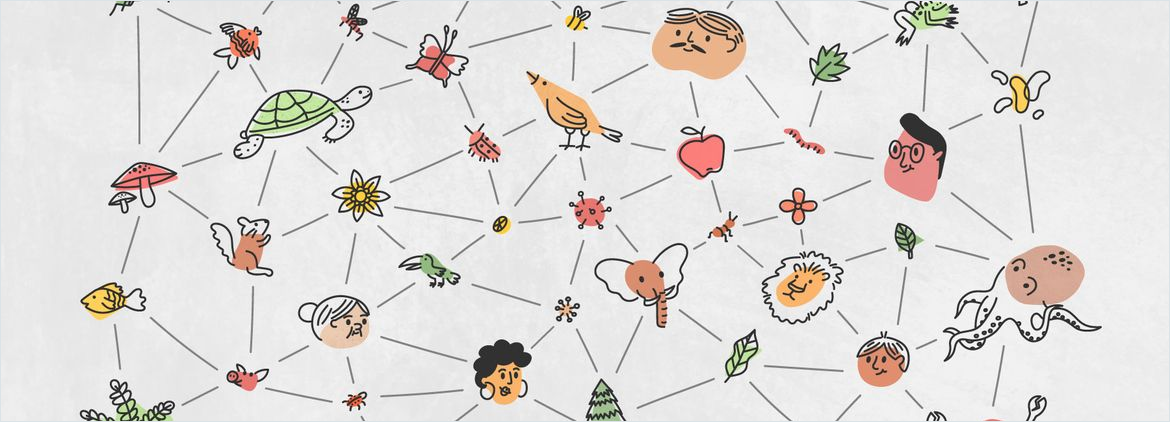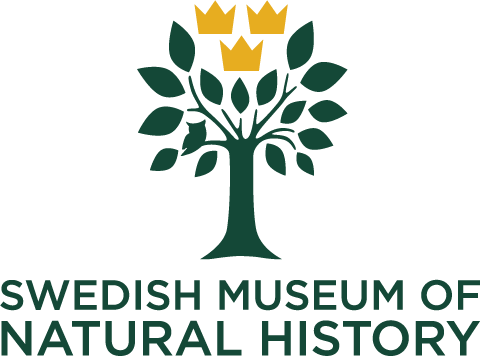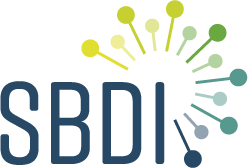GBIF Sweden contributes to One Health: Hosting and mobilizing vector data

GBIF Sweden is contributing to global One Health efforts by supporting the mobilization and publication of datasets on disease vectors, such as mosquitoes and ticks. This initiative is coordinated by the GBIF Secretariat’s Thematic Help Desk on Vector Data, which focuses on improving access to openly available, high-quality data that are critical for understanding and addressing vector-borne diseases.
Diseases such as malaria, dengue, Lyme disease, and tick-borne encephalitis are growing global concerns, with their distribution increasingly influenced by climate change, land use, and biodiversity loss. Access to well-structured vector data is essential not only for ecological and environmental research, but also for risk assessments, surveillance systems, and long-term health strategies.
This work aligns with the One Health approach, which recognizes that human, animal, and environmental health are deeply interconnected. Vector-borne diseases are a clear example of this interdependence, as they emerge from complex interactions between species, ecosystems, and human activity.
By hosting vector-related datasets through the GBIF infrastructure, GBIF Sweden plays a key role in making this information findable, accessible, and reusable. Recent contributions include:
- VectorNet: European distribution of ticks, mosquitoes, sandflies and biting midges, an important dataset supporting disease surveillance and research across Europe.
- Swedish Veterinary Agency: Collection of mosquitoes in Sweden (SVA Mygginsamlingen), a citizen science initiative contributing valuable data on mosquito occurrences in Sweden.
“This work is a natural extension of our mission to promote open, interoperable data on biodiversity,” says Veronika A. Johansson, Node Manager of GBIF Sweden. “We see great value in bringing together expertise from different fields to build a more complete understanding of vector ecology and its implications for health.”
GBIF Sweden welcomes contributions from researchers, monitoring programs, and institutions working with vector data. Whether your work involves species distributions, seasonal patterns, or environmental drivers, your data can contribute to a global resource that serves both science and society.
Learn more about the connections that GBIF reveals between biodiversity and human health at https://www.gbif.org/health.
Want to contribute vector data? Connect with us at gbif@nrm.se and join a growing international effort to support One Health through open biodiversity data.




